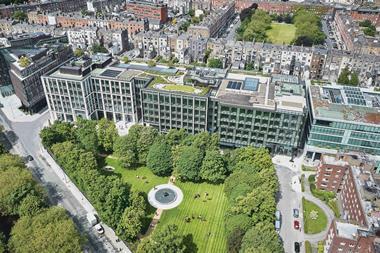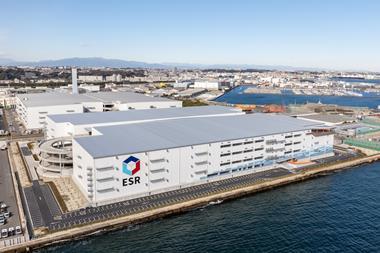Capital raising for real estate funds hit a new high in 2019, according to Preqin, oustripping volumes seen in 2008.
The $151bn (€136bn) raised during the 12-month period was above the previous peak of $148bn, recorded in the year when the global financial crisis started.
Despite this, the number of vehicles reaching a final close in 2019 declined sharply – only 295 funds closed, marking a 39% drop on the previous year.
As a result real estate funds appear to be getting larger, with the average size reaching $625m. The three largest funds raised $43.5bn between them, including the $20.5bn Blackstone Real Estate Partners IX, the largest real estate fund ever.
Fundraising looks set to be even more competitive in 2020 with a record number of funds (918) targeting a record volume ($281bn) of investor capital.
The number of real estate deals moderated last year, according to Preqin data: 9,300 deals worth a combined $410bn were announced in 2019, down on the 9,800 deals worth $457bn the previous year.
But real estate funds managed to deploy significant amounts of capital in 2019 and ‘dry powder’ decreased slightly from $331bn at the end of 2018 to $319bn at the end of 2019.
Justin Hall, head of real estate at Preqin, said: “Real estate fundraising hit a new high in 2019, surpassing the high-water mark of $148bn set in 2008.
“Concerns of a potential market slowdown have led investors to commit more capital to alternative assets, and real estate has benefited from a huge influx of capital in the past five years.
”But the steep decline in the number of funds closed shows how unevenly that capital is distributed – concentration among the largest fund managers is greater than ever, and the overall success of the market does not mean that first-time or smaller fund managers can expect to meet with easy success when they bring new vehicles to market in 2020.”


















